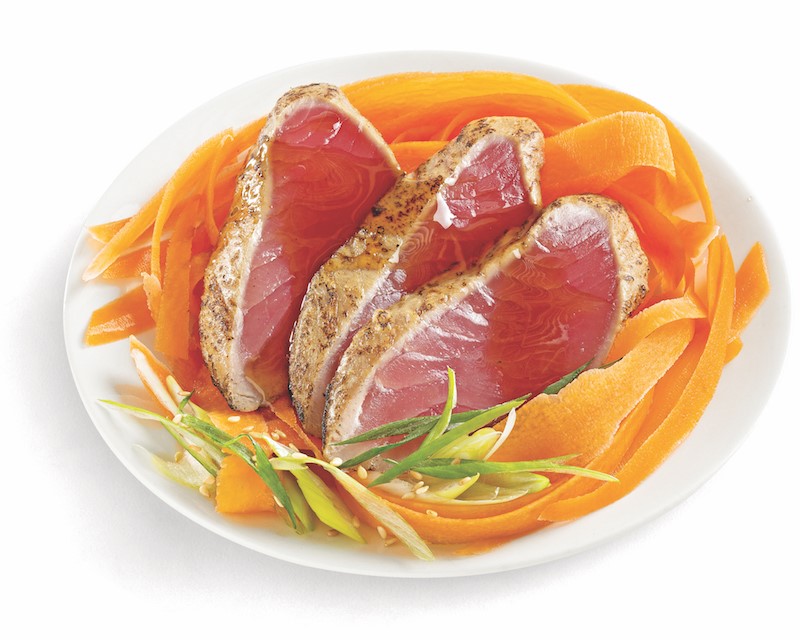Description
According to the American Pregnancy Association and the Academy of Nutrition and Dietetics, the below foods should be avoided due to an increased risk of illness and complications.
Raw Meat & Seafood
Eating rare or raw seafood and meat comes with the risk of certain bacteria contamination, such as coliform, bacteria, toxoplasmosis, and salmonella.
Deli Meat
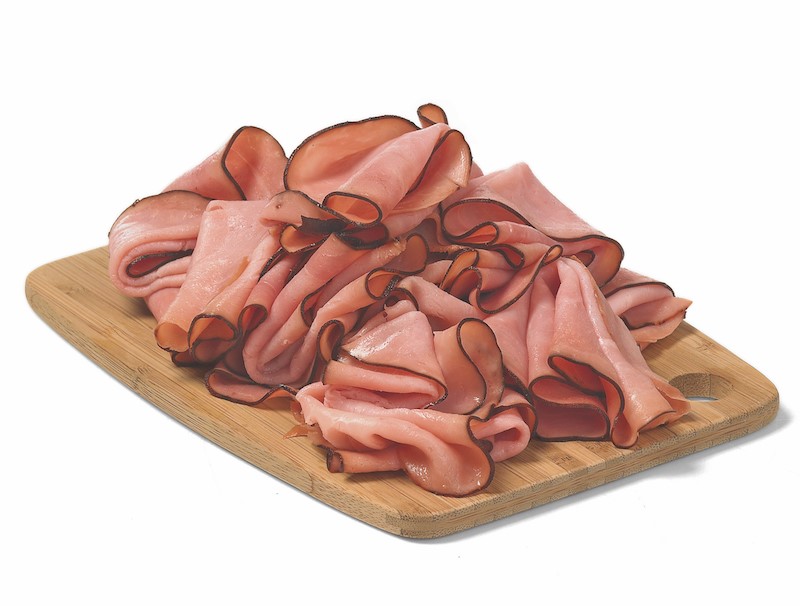
It might seem harmless, but deli meats can carry listeria, a dangerous bacterium for pregnant mothers. If you do consume deli meats, be sure to cook the meat until it's steaming (165 degrees).
High-Mercury Fish
While it’s important to eat certain types of seafood during pregnancy, if it’s high in mercury, it should be avoided. High-mercury fish include shark, swordfish, king mackerel, and tilefish. Canned chunk light tuna is usually lower in mercury but should be eaten in moderation.
Hyvee Dietitian Expert Tip
It's recommended to eat at least 8 ounces of seafood per week. (For pregnant women, the recommendation is between 8 and 12 ounces per week.) Choose low-mercury seafood that's high in omega-3 fats. Salmon, anchovies, herring, sardines, trout, and Atlantic and Pacific mackerel are all good choices.Smoked Seafood
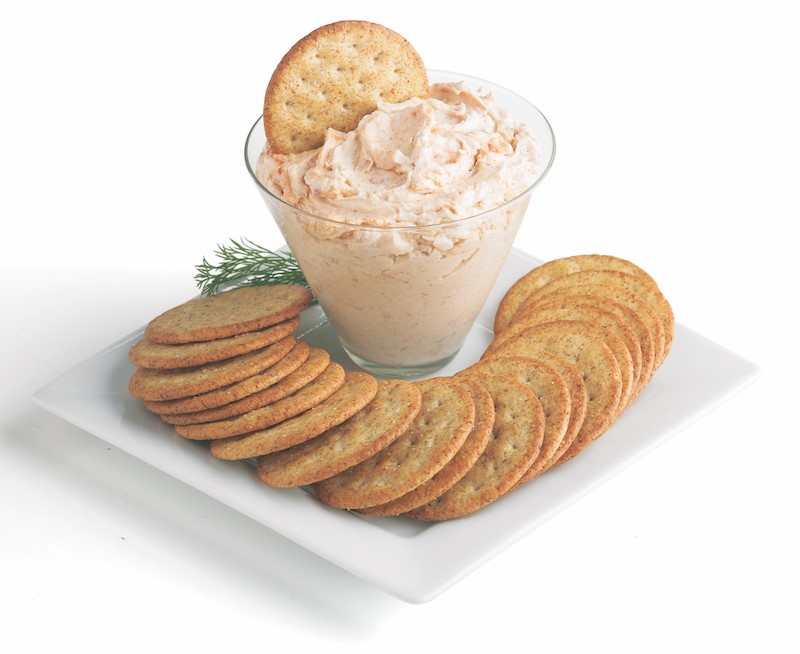
Unless it’s going to be cooked, smoked seafood, such as smoked salmon, is best avoided due to a higher risk of listeria.
Locally Fished Seafood
Check with your local health department if you plan to eat fish from a local lake or river. This is to ensure the water is not contaminated with pollutants.
Raw Eggs
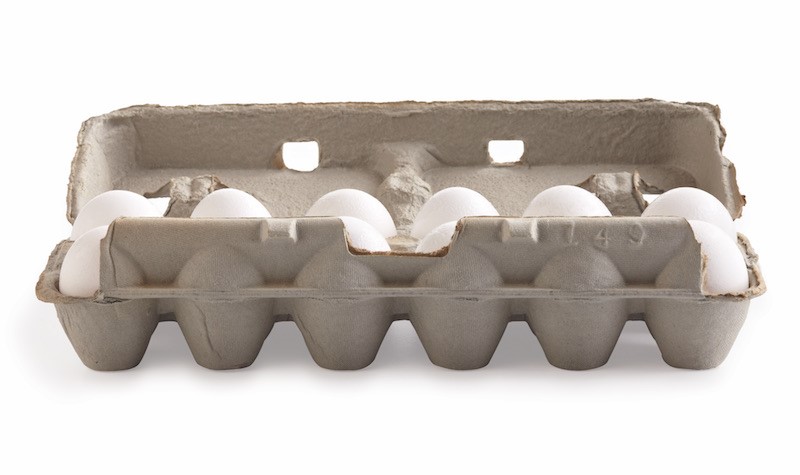
To avoid the risk of salmonella, do not eat products or batters that contain raw eggs. Things like cookie dough, homemade Caesar dressing, homemade aioli, and homemade ice creams may contain raw eggs. Alternatively, you can buy pasteurized eggs, which have been treated to kill bacteria. That said, it’s important to know that the pasteurizing process may also lower the amount of key nutrients in the egg, such as folic acid.
Soft Cheese & Unpasteurized Milk
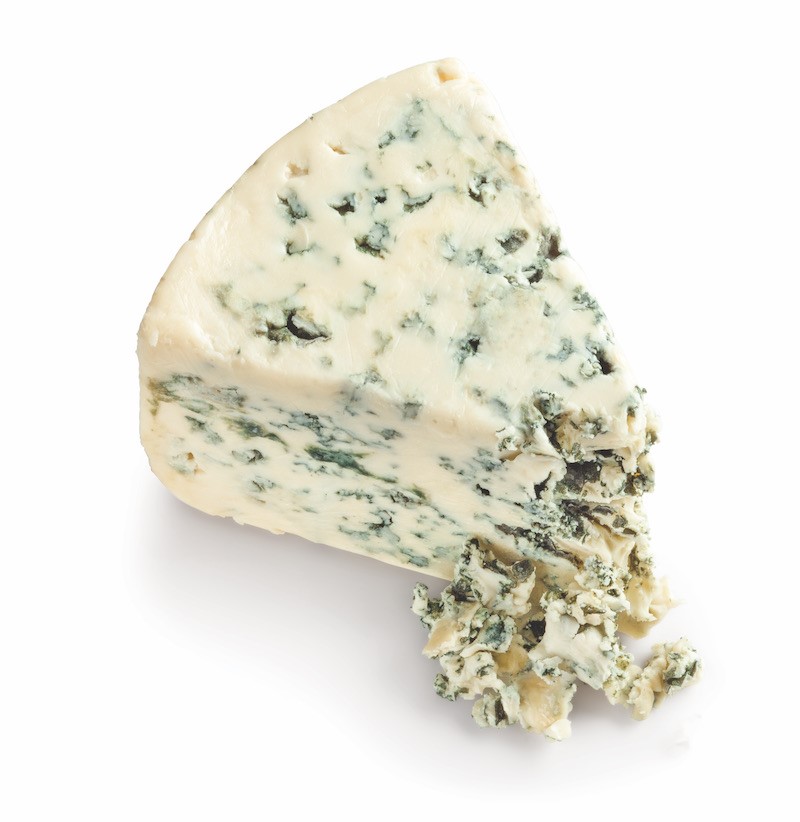
Imported soft cheeses—such as Brie, Camembert, Roquefort, Feta Gorgonzola, Queso Fresco, etc.—run the risk of carrying listeria. Cheeses made in the U.S. with pasteurized milk, however, are safe to eat.
Alcohol
Due to the risk of Fetal Alcohol Syndrome and developmental complications, all alcohol should be avoided throughout pregnancy.
Hyvee Dietitian Expert Tip
If you're unsure about what to eat and what to avoid for a healthy pregnancy, talk to your Hy-Vee dietitian about safe choices and meal ideas.
